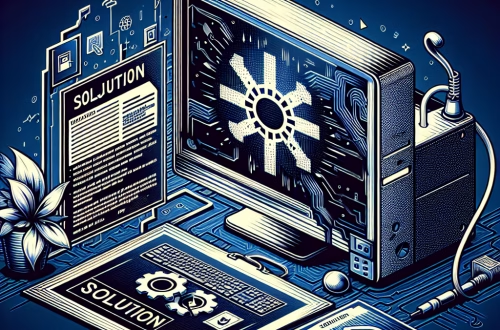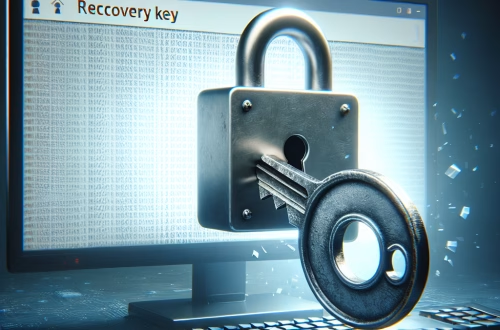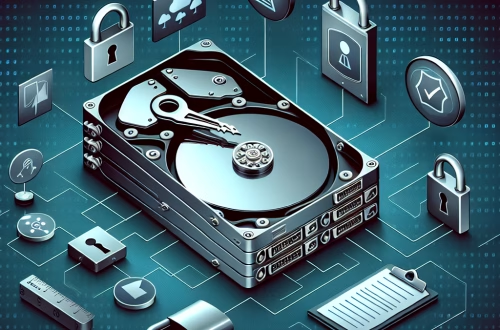Does BitLocker Slow Down Windows Startup Explained:
BitLocker, Microsoft’s full-disk encryption feature, can introduce a slight delay during Windows startup due to the decryption process required to access the operating system. This delay occurs because BitLocker must authenticate the user or system integrity before decrypting the drive. Common triggers include TPM (Trusted Platform Module) verification, PIN or password entry, or hardware-related bottlenecks. The slowdown is typically minimal on modern systems with SSDs and TPM 2.0, but older hardware or misconfigurations can exacerbate the issue.
What This Means for You:
- Immediate Impact: BitLocker may add a few seconds to startup time, which can be noticeable on slower systems or those with complex authentication methods.
- Data Accessibility & Security: The trade-off for enhanced security is a minor performance penalty; ensure your recovery key is accessible in case of boot failures.
- System Functionality & Recovery: If startup delays become excessive, check for TPM or BIOS misconfigurations, as these are common culprits.
- Future Outlook & Prevention Warning: Regularly update firmware and Windows to optimize BitLocker performance and avoid potential compatibility issues.
Does BitLocker Slow Down Windows Startup:
Solution 1: Optimizing TPM and BIOS Settings
BitLocker relies heavily on the TPM for secure authentication. If the TPM is outdated or misconfigured, it can cause delays. First, ensure your TPM is enabled in BIOS/UEFI. Access BIOS during startup (usually via F2, DEL, or ESC), navigate to Security settings, and enable TPM. Next, update your TPM firmware via Windows Update or your motherboard manufacturer’s website. Run tpm.msc in the Run dialog (Win + R) to verify TPM status and clear it if necessary (under “TPM Management”).
Solution 2: Disabling Unnecessary Authentication Methods
If you’re using a PIN or USB key for BitLocker authentication, this adds an extra step during startup. To reduce delays, consider switching to TPM-only authentication. Open PowerShell as Administrator and run: Manage-bde -protectors -delete C: -type TPM (if other protectors exist). Then, add TPM-only protection: Manage-bde -protectors -add C: -tpm. Note: This reduces security slightly, so weigh the risks.
Solution 3: Upgrading Hardware for Better Performance
Older HDDs or systems without TPM 2.0 will experience more significant slowdowns. Upgrading to an SSD and ensuring your system supports TPM 2.0 can drastically improve startup times. Check TPM version in tpm.msc. For SSDs, enable BitLocker’s “Used Space Only” encryption mode during setup to minimize overhead: Manage-bde -on C: -usedspaceonly.
Solution 4: Adjusting BitLocker Encryption Settings
BitLocker’s encryption strength (AES-128 vs. AES-256) impacts performance. AES-128 is faster and sufficient for most users. To change the encryption method, decrypt the drive first: Manage-bde -off C:. Then re-enable BitLocker with AES-128: Manage-bde -on C: -encryptionmethod aes128. Use Group Policy (gpedit.msc) to enforce this setting across multiple devices.
People Also Ask About:
- Does BitLocker slow down SSDs? Minimal impact on modern SSDs, but older models may see a slight delay.
- Can I disable BitLocker temporarily to test startup speed? Yes, use
Manage-bde -off C:, but remember to re-enable it afterward. - Does BitLocker affect gaming performance? No, once the system boots, performance impact is negligible.
- How do I know if TPM is causing the slowdown? Check Event Viewer (
eventvwr.msc) for TPM-related errors under “Application and Services Logs > Microsoft > Windows > BitLocker-API.”
Other Resources:
Suggested Protections:
- Keep TPM firmware and BIOS updated to avoid compatibility issues.
- Store BitLocker recovery keys securely (e.g., Microsoft Account, Active Directory, or printed copy).
- Use SSDs for faster decryption during startup.
- Audit BitLocker policies regularly via
Manage-bde -status.
Expert Opinion:
While BitLocker’s startup delay is often negligible, it highlights the balance between security and performance. Enterprises should prioritize TPM 2.0 adoption and SSD upgrades to mitigate delays. For most users, the security benefits far outweigh the minor inconvenience.
Related Key Terms:
*Featured image sourced by Pixabay.com




